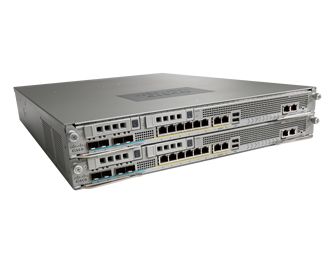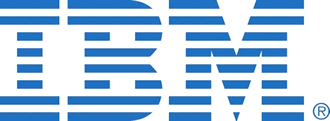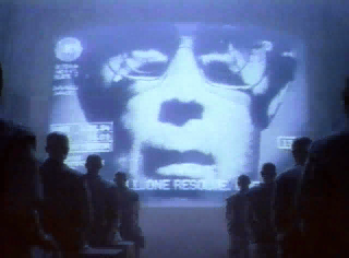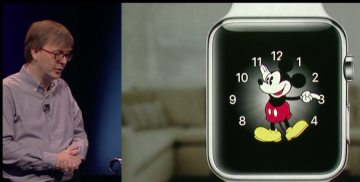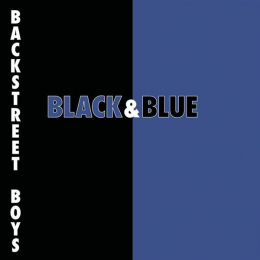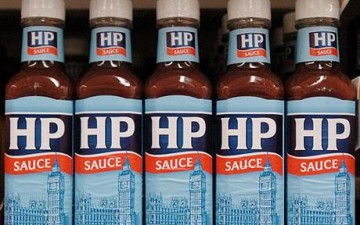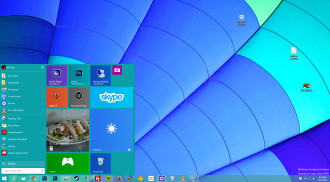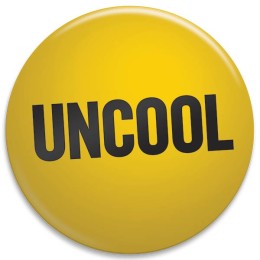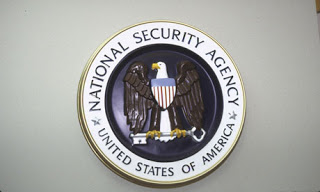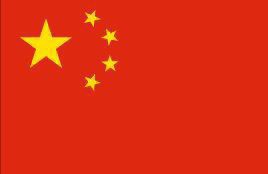 The major players in the dynamic random access memory (DRAM) market continue to be South Korean and Taiwanese companies, with only one US company, Micron competing in the marketplace.
The major players in the dynamic random access memory (DRAM) market continue to be South Korean and Taiwanese companies, with only one US company, Micron competing in the marketplace.
But it looks like that’s set to change because a consortium of Chinese vendors bought Silicon Solution, a fabless firm quoted on Nasdaq.
Memory watch analysts DRAM Exchange said the consortium of high end investors was backed by the Chinese government. The government has pledged to invest 120 billion yuan in the semiconductor industry and this move shows just how seriously China takes the aim.
Right now, said the analysts, China’s imports of semiconductors – be they CPUs, DRAM and Flash memory exceed its petrol imports.
Intel is in bed with some Chinese semiconductor companies, and that, in itself is a significant factor.
China spent over $10 billion in importing DRAM last year – that’s 20 percent of the worldwide production of the semiconductors. Of that imported memory, 55 percent was for mobile memory, while PCs represented 19 percent and server memory eleven percent.
So it’s logical that to reduce this trade gap, China continues to invest in DRAM to give it a degree of self sufficiency.
How that will pan out for the competition remains to be seen.
